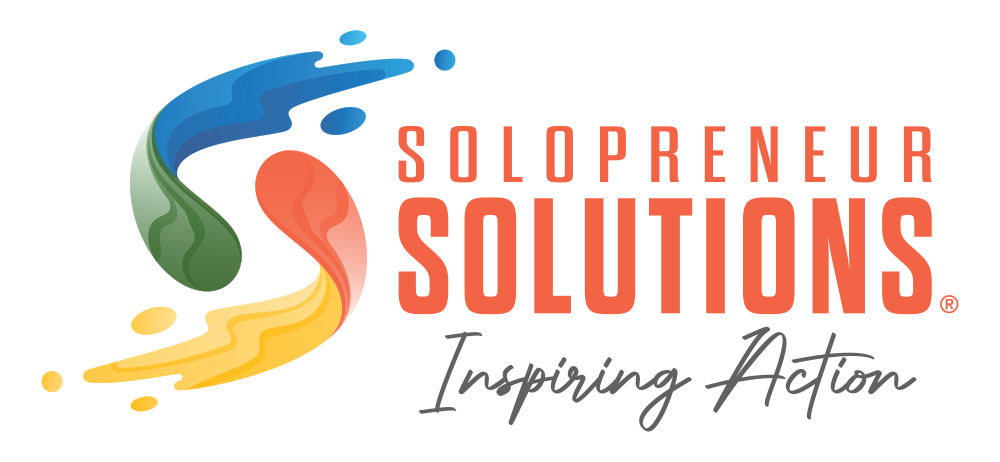According to Hubspot, “Marketing automation refers to the software that exists with the goal of automating marketing actions. Many marketing departments have to automate repetitive tasks such as emails, social media, and other website actions. The technology of marketing automation makes these tasks easier.”
The Purpose of Marketing Automation
Marketing automation is software and tactics that allow companies to nurture prospects with highly personalized, useful content that helps convert prospects to customers, and turn customers into delighted customers. Marketing automation typically generates significant new revenue for companies, and provides an excellent return on the investment required (ROI).
In the present marketing environment, “marketing automation” has become a means to handle all the aspects of marketing for clients, with all the digital marketing tools necessary for growth. This includes those needed to generate new leads, record new leads, contact new leads, and otherwise guide them down the sales funnel. This is a misconception that leaves the central portion of the funnel fully automated, but without sufficient leads coming in to generate the necessary traffic and resulting revenue.
Marketing automation is designed to help marketers (not replace them) streamline their lead generation, segmentation, lead nurturing and scoring, customer lifecycle marketing, cross-sell and up-sell, customer retention, and marketing ROI measurement.
These processes all require:
- A central marketing database. This is where all your marketing data is stored.
- An engagement marketing engine. This is where you create, manage, and conduct customer interactions.
- An analytics engine. This is where you test, measure, and optimize marketing ROI and impact on revenue.
What Marketing Automation Is Not
Do not get caught up in the bubble of folks who hold twisted opinions of marketing automation and what it is designed to accomplish. For a few examples of this, here are some things that marketing automation is not. It is not:
A fancy name for email marketing.
Not even close. Email marketing is one form of marketing campaign that marketing automation can greatly simplify. But email marketing is only one part of many that are included in marketing automation.
A way to send spam.
Marketing automation is like anything else. It can be used wisely or misused. Yes, it can be used for bad marketing, like spam. But it can also be used for exceptional marketing that truly connects with customers based on their preferences.
A solution that only benefits marketing.
The marketing department benefits from marketing automation. But high-quality usage often improves marketing and sales both, which ultimately increases revenue.
A solution that delivers value without effort.
Marketing automation is not a set and forget solution. It requires a comprehensive strategy that combines the right components, processes, people, content, data, and more.
What Is the Value of Marketing Automation?
In a benchmark study by eMarketer, research found that, “B2C marketers who are using automation- including everything from birthday emails to cart abandonment programs – have seen conversion rates as high as 50%.”
Furthermore, according to Nuclear Research, 95% of companies reported some benefit from marketing automation. They found that companies can expect to achieve an increase in marketing staff productivity between 1.5 and 6.9% and increase sales productivity by an average of 4%.
Marketing automation brings value and ROI to your numerous marketing efforts. The right marketing automation platform, combined with smart organizational and process alignment, makes it possible to connect the dots between that promotional email you sent last month, that webinar you hosted last year, and the revenue you see this week or can expect to see next quarter.
Top Marketing Automation Software
Before we provide a list of the top marketing automation software companies for you to try out, here’s an important tip from Quicksprout.com:
Different marketing automation platforms are designed for different types of businesses. It’s critical that your business research marketing automation options to figure out which one is the best fit. Most companies have free-trial options, so take advantage of the opportunity to ‘try before you buy’ first hand. There is no one-size-fits all approach. You need to choose the solution with the targeting features and the analytics capabilities you need.
HubSpot – Everything you need to launch effective marketing campaigns that make people interested in your business and happy to be your customer.
Act-On – Act-On software helps you identify prospective buyers, understand the progress of your marketing programs, accelerate buyers through your sales funnel, and focus on delivering top-notch service to your customers.
GetResponse – GetResponse Marketing Automation is scalable, so it grows with your business to carry out all the necessary marketing tasks to make your campaigns successful.
MailChimp – MailChimp is more than just an automated email service. They offer full marketing automation services for all the normal systems and processes.
Marketo – Marketo marketing automation solutions are among the top in the industry, and are simple to set up and use for any sized business.
Do you use marketing automation solutions in your small business? Share with us what you use and your experiences with it in the comments below.
